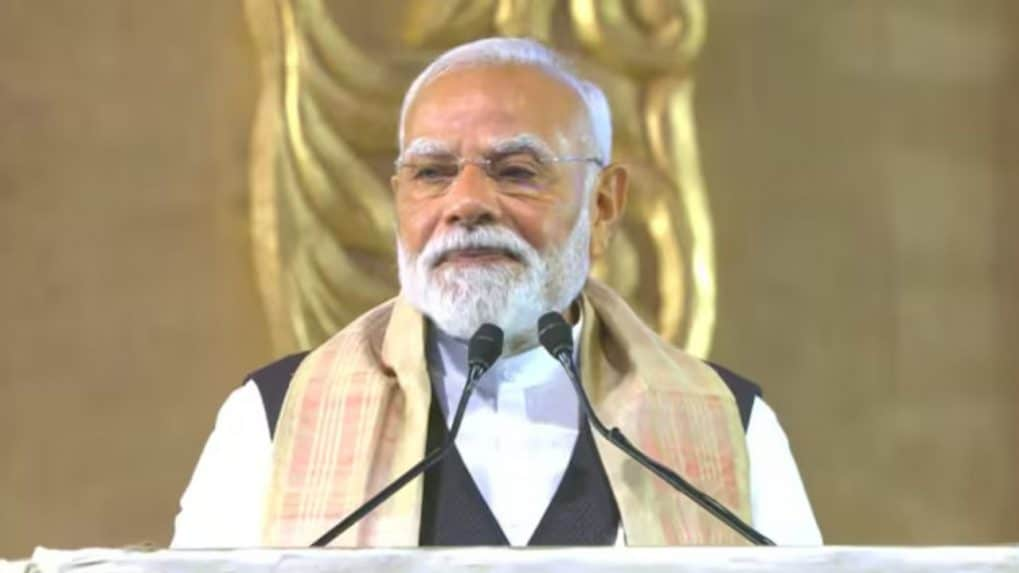Digital
Why OpenAI is hiring 100 ex-bankers: Inside the ChatGPT-maker's secret project to automate Wall Street's grunt work

Narendra Modi, the Prime Minister of India, announced that the nation will take a significant step toward achieving self-reliance, or 'Atmanirbhar Bharat', with the implementation of next-generation GST reforms. These changes will begin on the first day of Navratri, which falls on September 22. Modi emphasized that these reforms, along with a renewed focus on Swadeshi practices and quality manufacturing, are essential for strengthening the Indian economy.
He referred to the upcoming changes as a 'GST Bachat Utsav', or "GST Savings Festival," stating that it will lead to savings for people and make it easier to purchase goods. "GST has not only simplified India’s indirect tax regime but also delivered major savings for the poor, middle class and neo-middle class," he said. The Prime Minister believes this initiative will benefit all sections of society, accelerate India's growth story, and attract investments.
Modi also highlighted the crucial role of Micro, Small, and Medium Enterprises (MSMEs), calling them the "contributors to the economy during India’s golden years." He expressed high expectations for the sector, noting that the new GST reforms will provide a major boost to MSMEs, helping them compete more effectively in both domestic and global markets.
In his address, Modi urged Indian manufacturers to prioritize world-class standards. “Our manufacturing units need to produce top-quality products. India needs to be recognised with top-quality products,” he stated.
Reviving the "Swadeshi" spirit that powered India's freedom struggle, the Prime Minister urged citizens to consciously support Indian-made goods. "The comb in our pocket is made in India or not, we don’t know. We need to buy made-in-India products. We need to make every household a symbol of swadeshi. Garv se kaho ye swadeshi hai," he said. He stressed that every citizen's purchasing choices can contribute to national growth.
From purpose-driven work and narrative-rich brand films to AI-enabled ideas and creator-led collaborations, the awards reflect the full spectrum of modern creativity.
Read MoreIn a wide-ranging interview with Storyboard18, Sorrell delivers his frankest assessment yet of how the deal will redefine creativity, media, and talent across markets.